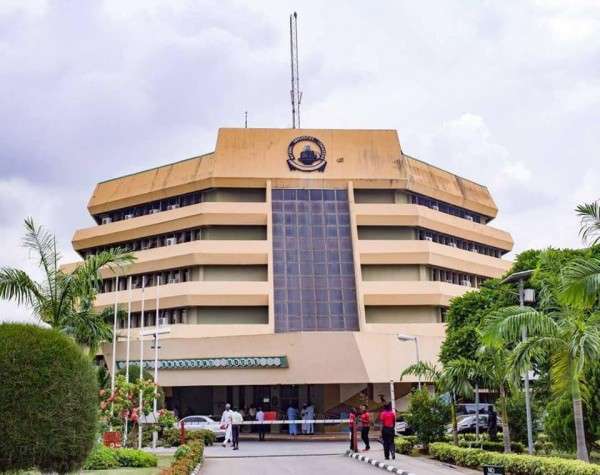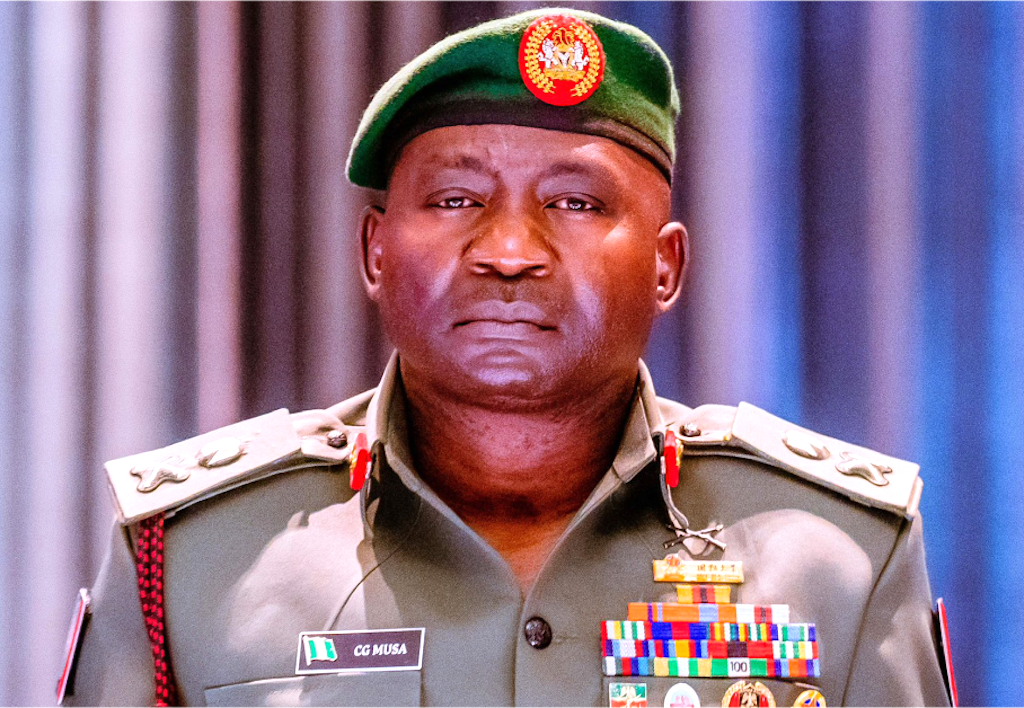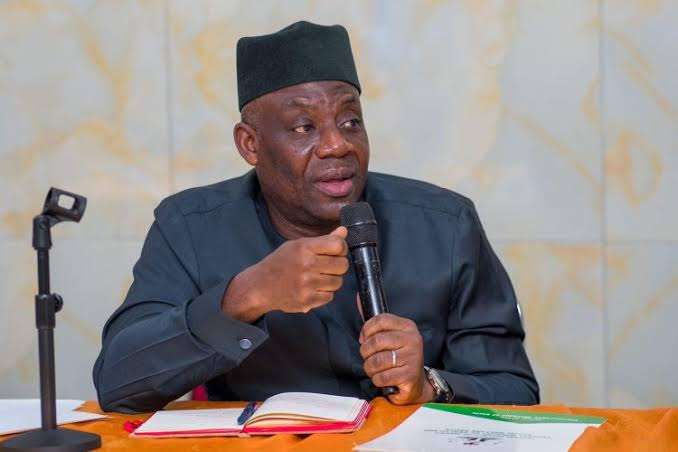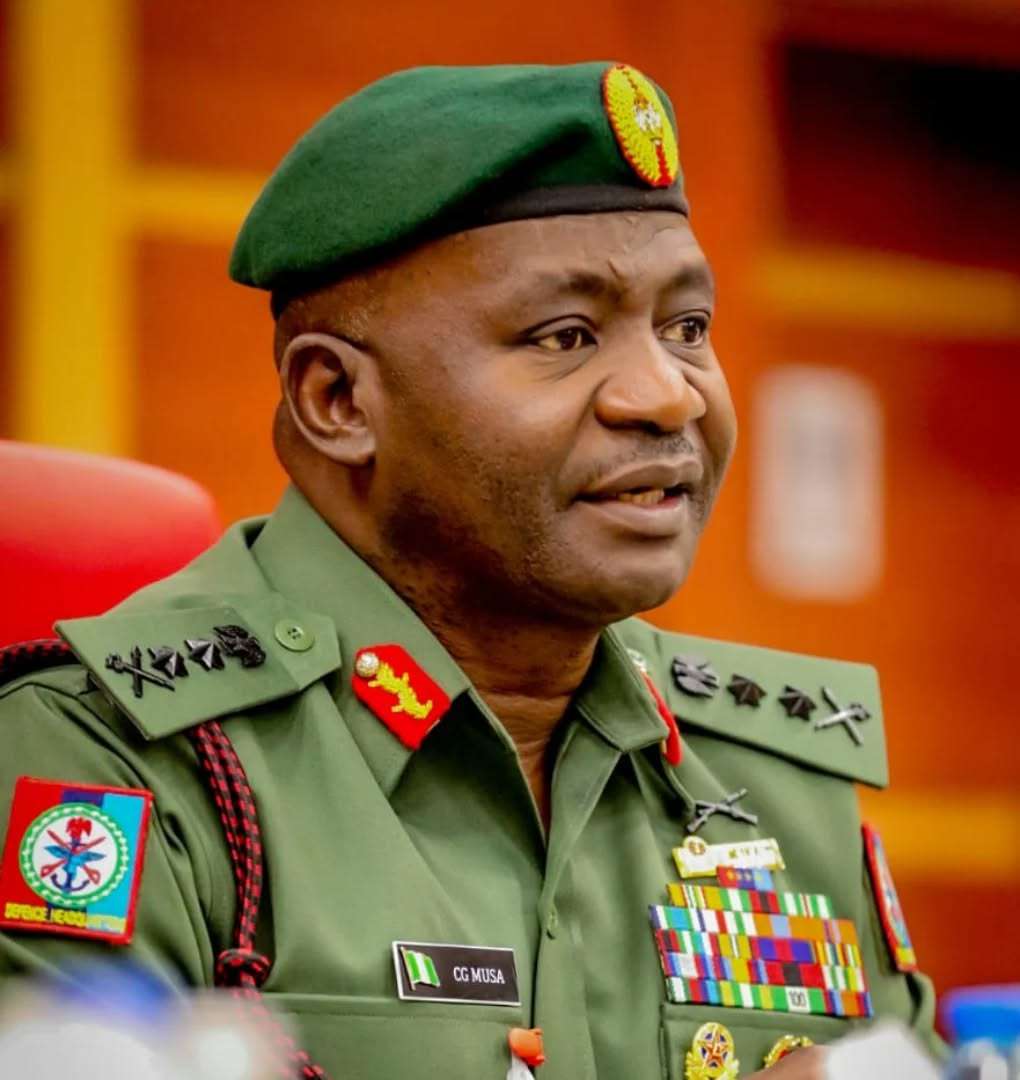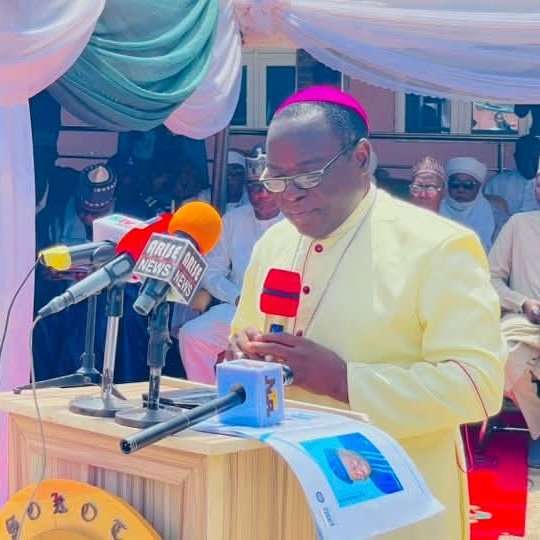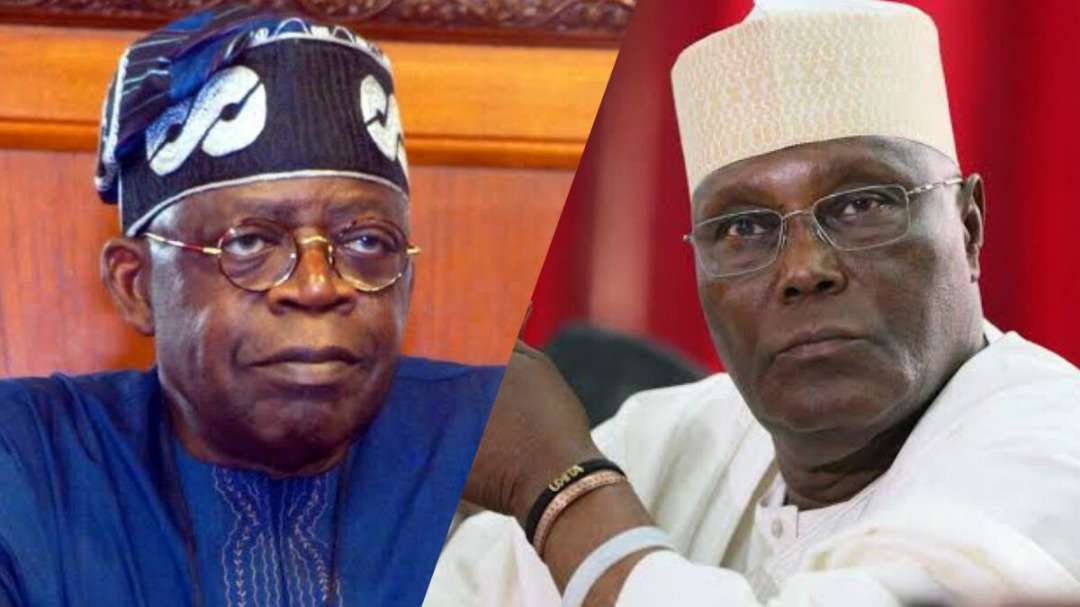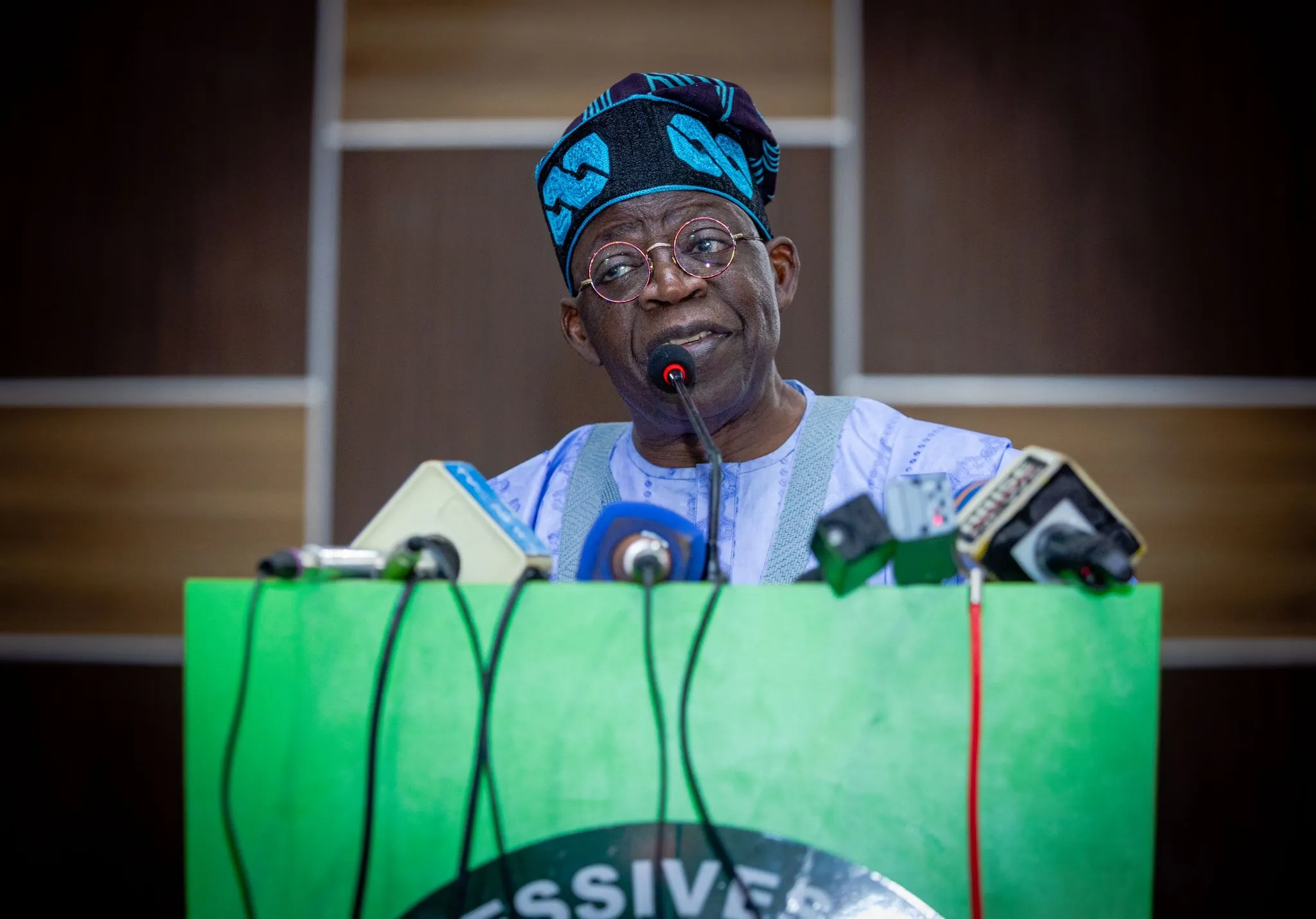Persons with disabilities in Nasarawa State have appealed to the government to prioritise inclusivity in the 2026 budget by allocating funds to address accessibility issues in public infrastructures.
They also want attention to be given to erosion control as well as provision of other support to persons with disabilities.
Representative of persons with disabilities in the State, Asaba Averson, made the call on Thursday during the 2025 Citizens’ Budget Town Hall Consultation for the 13 local government areas in the State.
According to her, persons with disabilities face significant challenges accessing public facilities due to architectural designs that are not disability-friendly.
She noted that buildings such as healthcare centres, schools, and offices are not constructed to accommodate individuals with disabilities, hindering their full participation in society.
“The state’s infrastructure is not designed to cater for persons with disabilities, making it difficult for us to access essential services.
“Also, Climate-related issues, such as erosion and flooding, further make accessibility a challenge as many of us struggle to ply damaged roads due to erosion and flooding.
“The absence of sign language interpreters at healthcare facilities creates a significant barrier for individuals with hearing impairments, hindering effective communication with caregivers,” she added.
Averson further said that while the state offers free education to persons with disabilities, many remained unemployed after completing their studies.
She therefore, advocated for increase in the employment quota for Persons with disabilities from 5% to 10%.
Other participants at the town hall consultation made their submission on various projects that should be captured in the 2026 state budget, including roads, healthcare facilities, schools amongst others.
Agabi Samuel from Doma said that Doma LGA was one of the largest producers of rice, but the road to Rukubi, where the biggest rice farm owned by Olam is located, was in bad shape.
He also said that the LGA was faced with the challenges of poor drainage systems, as most of the streets were not paved, thereby causing flooding during the rainy season.
Hauwa Ibrahim from Keana LGA called for the establishment of a General Hospital in Kadarko to improve healthcare delivery. She also appealed for the rehabilitation of the road from Kadarko to Giza to ease the transportation of people and goods.
On her part, Wakidara Mavis Akila, Social Policy Officer, UNICEF, Kaduna Field Office, commended the State government for engaging its citizens in the budgeting process, saying that it was a way to promote development.
She, however, urged the government to include the needs of children in the next budget.
“There is a need for the state’s budget to begin to reflect the quota for children. This is because they have needs for nutrition, child protection, water, and sanitation in their schools. UNICEF is willing to support the State in technical areas to see that there is improvement,” she stated.
In her remarks, the State Commissioner for Finance, Budget, and Planning, Munira Abdullahi, said the 2025 Citizens’ budget consultation, with the theme “Fostering Collaboration on Resource Allocation – Key to Participation in Governance,” was aimed at ensuring citizens play active role in influencing government decisions, irrespective of background.
Abdullahi noted that since the inception of the programme, the state had achieved notable advancement in the transformation of budget processes, centered around the needs of the people.
She assured that the contributions of participants were not only acknowledged but thoughtfully considered for possible actions.
Also, the Special Assistant (SSA) to Governor Abdullahi Sule on Youth Development, Hon Akolo David Alaku, thanked Governor Sule for empowering youths and called for its sustenance.
In their separate remarks, the representative of faith-based organizations, Charles Namo Francis, and that of community-based organizations, Dauda Azige-Duglu, both commended the governor as well as the Ministry for Finance, Budget, and Planning for involving the people in the budget process.

